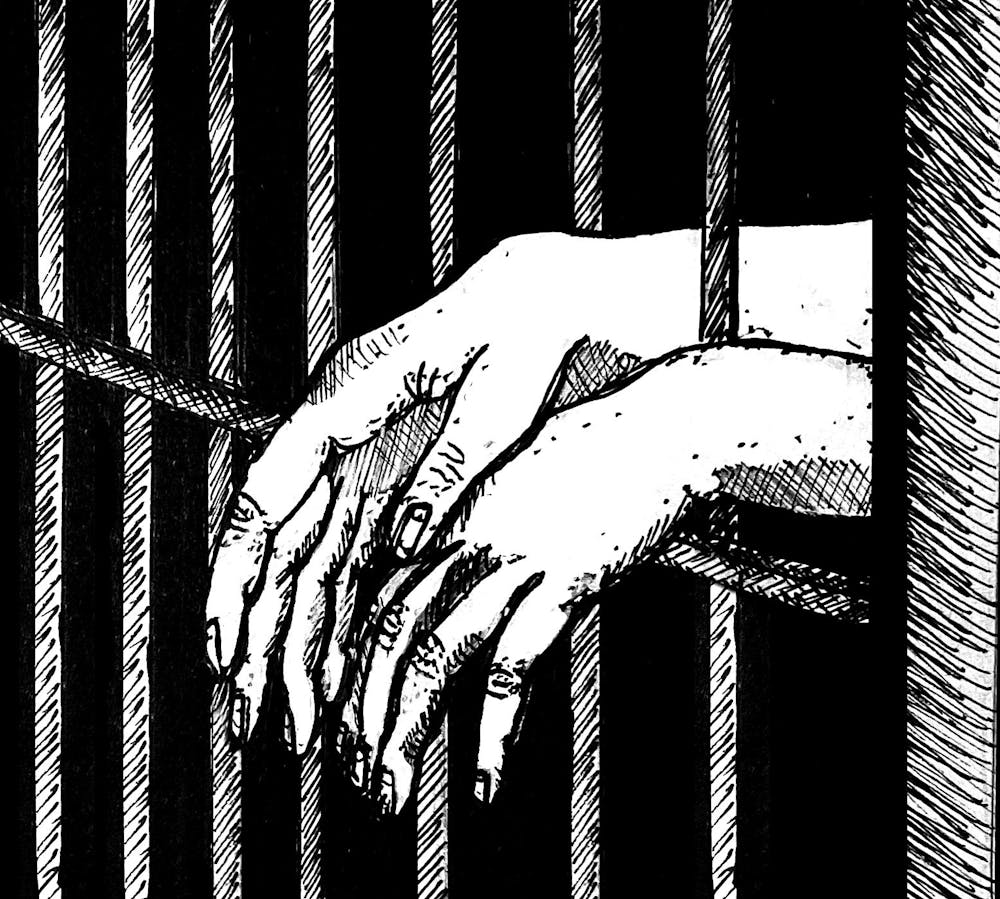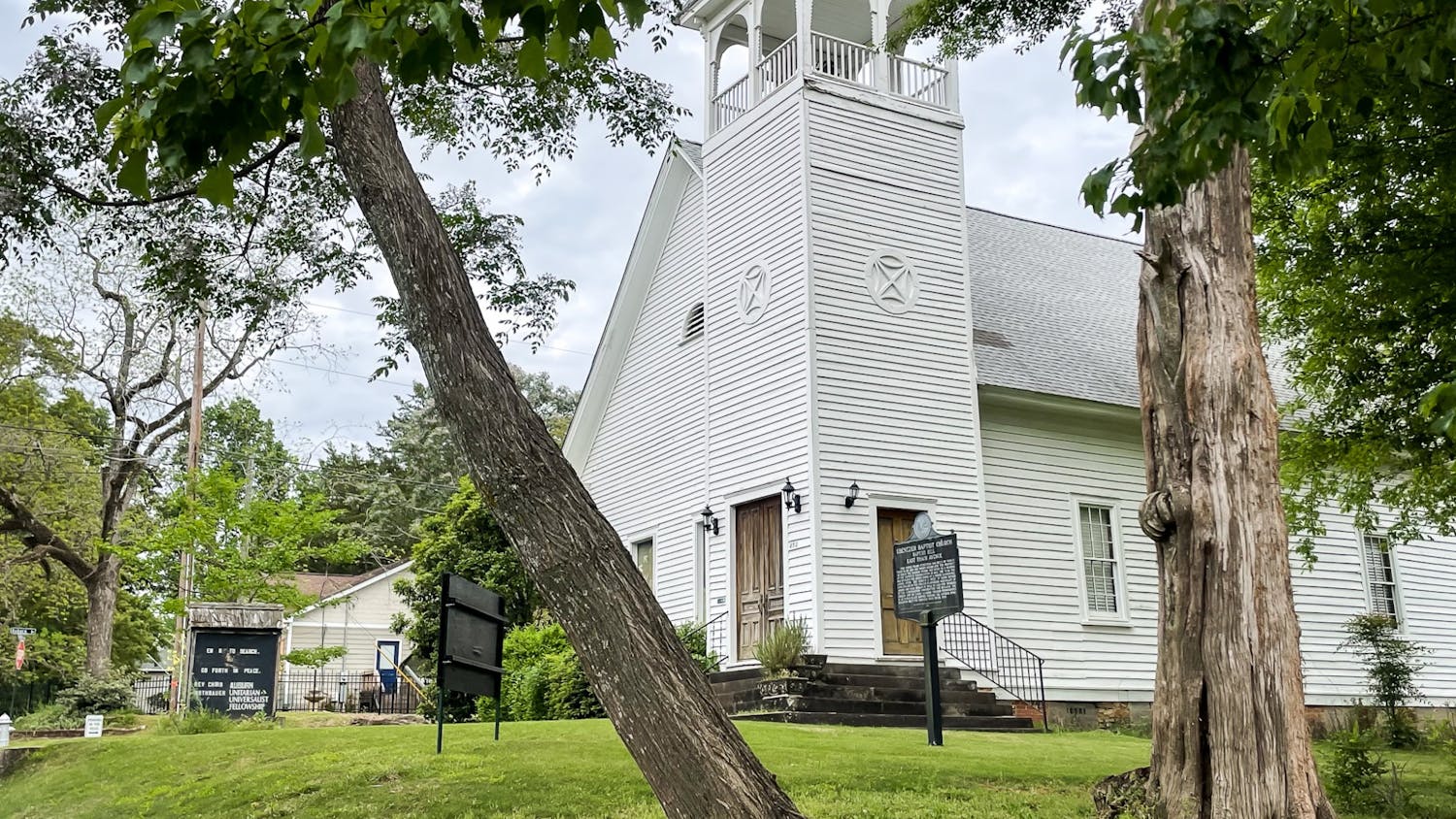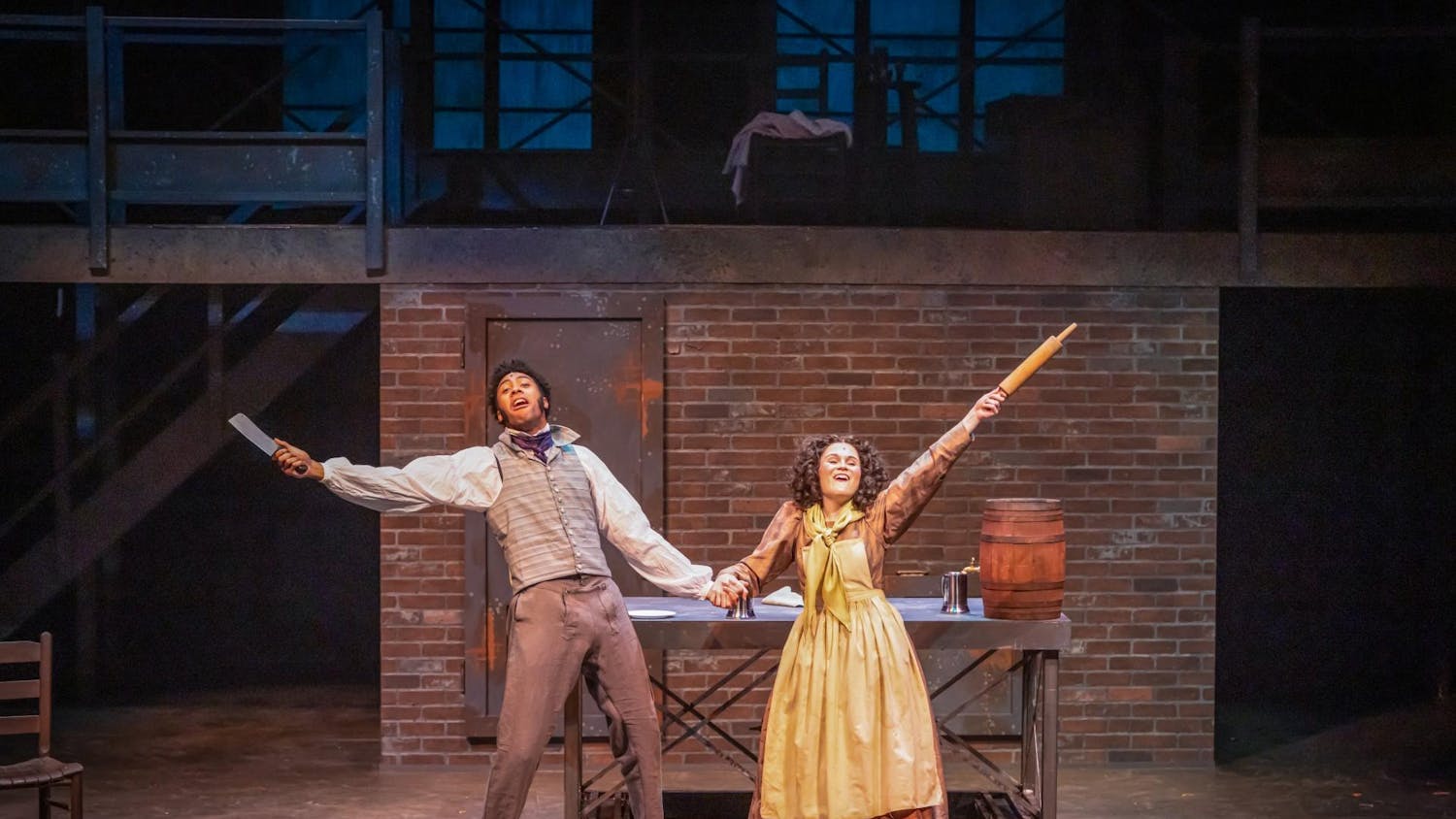Recently, Gov. Kay Ivey signed lease agreements with CoreCivic to build more privately-owned prisons.
Despite protests from many organizations including Alabama Students Against Prisons, an organization that holds several Auburn students in its ranks, our Board of Trustees member thought it acceptable to ignore the pleas of the residents in the state in which she was elected, as if they wouldn’t reasonably ask: Why?
As students residing in Alabama, here are some facts you need to know.
CoreCivic is a company that owns and manages private prisons and detention centers. They’ve branded themselves as a company whose ultimate goal is to “better the public good.” They were known as the Corrections Corporation of America until 2016, when they rebranded themselves after allegations of abuse came to light, according to reporting by Mother Jones. They also have a history of denying medical care, resulting in multiple deaths, hunger strikes and lifelong complications.
Inmates at T. Don Hutto Residential Center in Taylor, Texas went on a hunger strike in November 2015 that grew to include 500 immigrant women due to bad food, belittling, abusive treatment by guards and poor medical care, according to reporting done by Al Jazeera.
There were 15 inmate deaths at Eloy Detention Center in Arizona, which is owned and operated by CoreCivic, from 2003 to July 2015, five of them which were by suicide, according to reporting from Arizona Republic.
Cibola County Correctional Center in Milan, New Mexico was under examination for poor medical care and at least three questionable inmate deaths, according to reporting by The Nation. In 2016, the Federal Bureau of Prisons canceled their contract with the facility after 16 years of operation, but in the same year, the facility was reopened by U.S. Immigration and Customs Enforcement for transgender ICE detainees. In 2019, according to reporting from Buzzfeed News, a transgender immigrant bleeding from the rectum had to wait 13 days for medical care there.
The list goes on. It’s ironic how bettering the public good means not taking care of those prisons are charged with rehabilitating.
Despite contrary belief, that’s what prisons are for — rehabilitation. Or rather, that’s what prisons should be for, not punishment with no way out.
Privately-owned prisons like those owned by CoreCivic are for profit, which means that less money is distributed for rehabilitation and education. Alabama already has a long history of not rehabilitating individuals.
Frances Everson, who was born and raised in Huntsville, was in Alabama’s state prison system more than five times over the course of almost 20 years starting in 1985. In an interview with Alabamians for Fair Justice, she said nothing about the Department of Corrections in Alabama is about rehabilitation; the only thing there is oppression.
In 1976, federal courts deemed Alabama’s prison systems as unconstitutional. Unfortunately, since then, there’s been no major change in the way our prisons are run. In December 2020, the Justice Department filed a lawsuit against the state of Alabama, after a four-year investigation into the prison system. It cited unconstitutional conditions in prisons, citing inmate-on-inmate violence and sexual abuse, failure to protect them from excessive force by staff and failure to provide safe conditions of confinement.
The unsafe, overcrowded conditions in our prisons are an old problem that the state first attempted to address with a massive prison construction plan. Instead of solving the problem of overcrowding, more people were incarcerated, forcing more people to endure the same violence and wasting more resources and money.
Now, Ivey is making this mistake again, planning to spend over $3 billion over 30 years, with payments starting at $94 million a year leasing private prisons according to reporting by the Alabama Daily News. To make matters worse, Alabamians were previously told that costs wouldn’t exceed $88 million a year.
Building more prisons won’t make the conditions in them safer, by U.S. Department of Justice recommendations. Alabama Department of Corrections Commissioner Jeff Dunn has even admitted that the new prisons will be filled at an excess capacity on day one — the old prisons probably being shut down as they move inmates to CoreCivic’s new mega prisons.
And as we know, CoreCivic’s prison conditions might not be any safer than state-owned prisons.
Rural areas don’t have the infrastructure to support these prisons. According to an article by the Associated Press in October 2020, in one Alabama community a citizen who opposed the prison said that there was little law enforcement presence and no sewer system in the town. How could a community like this potentially support more people?
Signing these lease agreements seems like such a disservice to the people of Alabama. Not only because of the way CoreCivic has historically treated detainees that will almost inevitably be the way Alabamians in these mega prisons will be treated but because Ivey did this without the consent of the people she is meant to be representing.
All in all, this doesn’t seem like anything more than a push to help fill the pockets of CoreCivic; and if thats the case, why? Why is a private corporation more important than protecting and providing for the people you are are meant to serve?
Even if anyone believed the construction of these mega-prisons were for the benefit of Alabamians, to keep our streets from being supposedly overrun with crime, our money should go toward rehabilitation. Perhaps then, inmates won’t end up back in prison five times over the course of 20 years.
All we’re saying here, Ivey, is why?
And maybe next time, consider the concerns of the people who got you into that office.
Do you like this story? The Plainsman doesn't accept money from tuition or student fees, and we don't charge a subscription fee. But you can donate to support The Plainsman.





